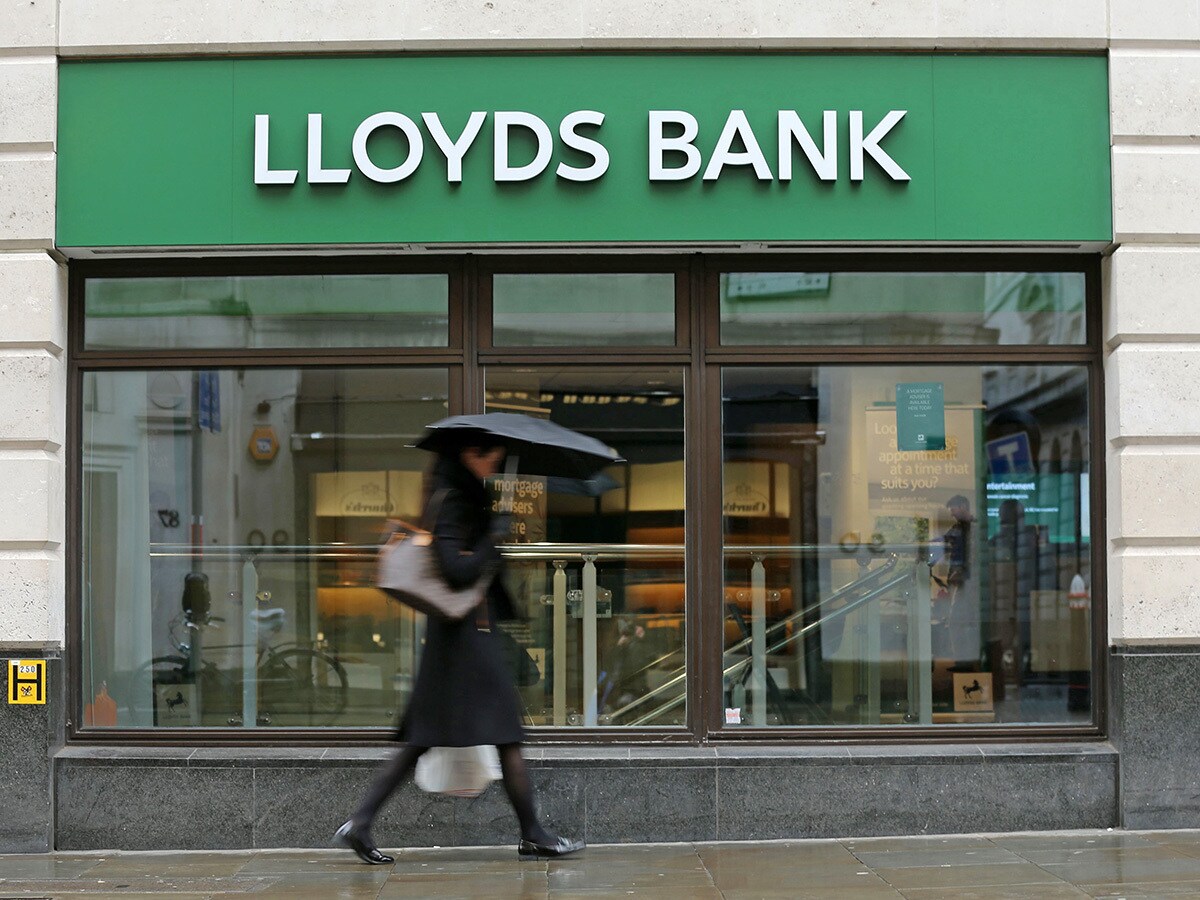Lloyds’ [LLOY] share price is arguably cheap. The stock’s status is tied to the UK’s economic performance, and as inflationary pressures dominate headlines, that could mean the stock continues to be a bargain. However, it could be a while before it delivers investors meaningful upside.
The Lloyds stock hasn’t yet managed to return to pre-pandemic levels. At the start of 2020, the stock was trading above 63p a share. However, a combination of the pandemic and the PPI scandal sent the shares on a downward spiral. The decline was so steep that the Lloyds share price was at one point trading at 23.58p during intraday trading on 23 September 2020.
While the stock has recovered somewhat, it’s been a downbeat first six months of 2022. As of Friday 10 June, the stock has fallen 8.6% year-to-date to 43.7p. For investors, the question is whether it is worth buying shares in Lloyds, even if the payoff won’t be immediate.
Lloyds’ share price and the UK economy
Lloyds is a bellwether of the UK economy. That means that any threat of economic downturn is liable to create volatility for the stock.
On Friday, the FTSE 100 fell sharply as worries over inflation and economic growth persisted. This time, investors digested the news that the European Central Bank planned to increase interest rates and announced it had significantly downgraded its growth expectations for the eurozone. The UK banking sector was also hit by a report from the Bank of England saying that Lloyds and several other big banks had “shortcomings” in contingency plans when it comes to failing without harming customers and taxpayers.
Lloyds is the most focused of all the big banks on the UK market. Aside from fears over rising living costs, another pertinent area to look at is what’s happening in the housing market — after all, Lloyds is the UK’s biggest mortgage lender.
In May, UK house prices rose by 1% to reach a record high, seemingly in defiance of fears of an economic downturn, according to an influential survey from Lloyds-owned Halifax. The average price of a house is now £289,099 — the 11th monthly rise in a row. Driving the rise was a shortage of new homes.
However, May was the fourth month in a row that the annual growth in house prices had cooled. Russell Galley, managing director at Halifax, said that a mix of “inflationary pressures exerted on households” would mean that “it’s likely activity will start to slow”.
In the first quarter of 2022, Lloyds said its total mortgage balances were up £1.2bn to £308.7bn. So, while the current housing market is growing, any signs of further slowdown could drag on Lloyds’ share price.
Where next?
Along with economic factors, another headwind for Lloyds is the high level of competition in the UK banking sector. Not only does Lloyds have to contend with the likes of challenger banks like Monzo, but also foreign-owned banks having a tilt at the UK market. Chase, from JP Morgan, has scored 500,000 current account openings since it launched in September last year. Customers have been attracted to Chase by various incentives, such as its easy-access saving rates.
Despite the competition and signs of a cooldown in the housing market, analysts seem confident there is some upside in Lloyds’ share price. Shares in the bank have a median 12-month price target of 60p according to the Financial Times, representing a 37.3% upside on Friday’s close.
For income seekers, Lloyds offers a 5.59% forward dividend yield. In 2021, the bank paid out an interim dividend of 0.67p per share and a final dividend of 1.33p per share. That’s a marked improvement on the lone 0.57p per share payout in 2020.
Disclaimer Past performance is not a reliable indicator of future results.
CMC Markets is an execution-only service provider. The material (whether or not it states any opinions) is for general information purposes only, and does not take into account your personal circumstances or objectives. Nothing in this material is (or should be considered to be) financial, investment or other advice on which reliance should be placed. No opinion given in the material constitutes a recommendation by CMC Markets or the author that any particular investment, security, transaction or investment strategy is suitable for any specific person.
The material has not been prepared in accordance with legal requirements designed to promote the independence of investment research. Although we are not specifically prevented from dealing before providing this material, we do not seek to take advantage of the material prior to its dissemination.
CMC Markets does not endorse or offer opinion on the trading strategies used by the author. Their trading strategies do not guarantee any return and CMC Markets shall not be held responsible for any loss that you may incur, either directly or indirectly, arising from any investment based on any information contained herein.
*Tax treatment depends on individual circumstances and can change or may differ in a jurisdiction other than the UK.
Continue reading for FREE
- Includes free newsletter updates, unsubscribe anytime. Privacy policy





